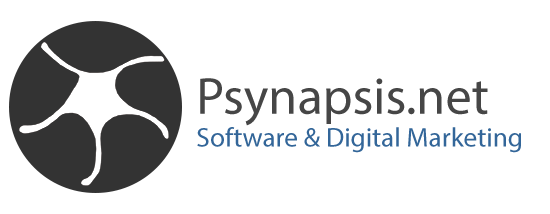Is your website protected?
Is your website protected?
Internet security has always been a major concern for businesses, system administrators and website owners. In today’s digital world, these threats are becoming more and more widespread and diverse in nature. With so many attack vectors and vulnerabilities being discovered daily, it’s more important than ever that you keep a close eye on potential security risks.
To have a secure website follow this easy steps:
 Individual Protection
Individual Protection
All individuals should ensure they are running all of the latest up-to-date software versions and actively updating your anti-virus definitions. For extra protection is a good idea to change your passwords regularly, use stronger passwords, and never store them anywhere in plain-text.
Protect Your Website
Your website always is exposed to the entire internet and our system administrators are actively watching our servers and networks 24/7 for any potential security threats. We log and analyze malicious activity from every country at all times of day. This assures your website to remain secure and visible.
That being said, it is important to be aware that your website itself may still be vulnerable to several malicious attacks, such as Cross-site Scripting (XSS) attacks, SQL Injections (SQLi), Inclusion Vulnerabilities (LFI and RFI), Brute Force attacks, and many more.
Update your CMS
Many websites these days are created with content management systems (CMS) such as WordPress, Joomla, Magento, Drupal and more. Each of these systems have third party themes, add-ons and plugins that can easily be installed to enhance website functionality. Unfortunately this is the way a potential bug to be introduced, discovered and exploited. Your first line of defense in keeping your website secure is to apply updates as they are released. If your CMS supports it, we also highly recommend enabling auto-updates which will take care of updating your site for you as new versions become available.
Secure Passwords
If your password is weak it can still easily be compromised via brute forcing or cracking, even if it was just changed yesterday. Here are some tips and suggestions which will keep you secure when choosing your next password:
- Passwords should be at least 10 characters in length (the longer, the better)
- Passwords should contain at least 1 character from each of the following groups:
- Lower-case letter (a-z)
- Upper-case letter (A-Z)
- Number (0-9)
- Common Symbol (e.g. %; &; +; ?)
Is your website protected?
Psynapsis.net is a Software & Web Development Agency that provides a wide range of services for all size of companies, for more information give us a call now to (808) 728-8464 or click here to contact us





